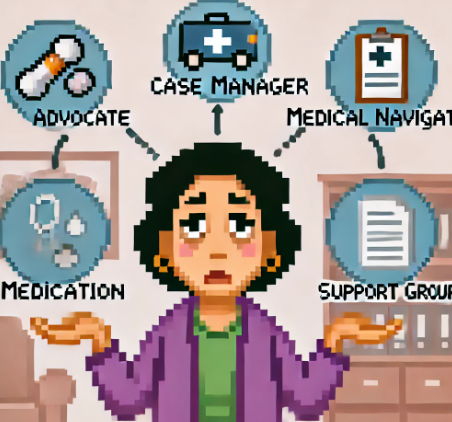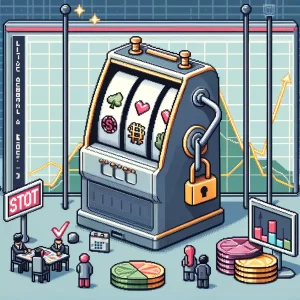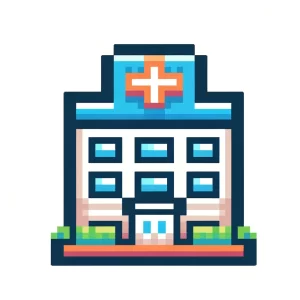
Unseen Heroes: Caregivers of Rare Disease Patients
Imagine waking up every day, knowing that your loved one depends entirely on you for their daily needs. For many informal caregivers of people with rare diseases, this is their reality. These caregivers often face enormous physical, emotional, and financial burdens while trying to provide the best care possible. A recent study published in BMJ Open sheds light on the immense challenges and unmet needs these caregivers face.
The Hidden Struggles of Caregiving
Caregivers of people with rare diseases (RDs) are often family members who step into roles far beyond what they ever anticipated. They become advocates, case managers, and medical navigators, usually without any formal training or support. This rapid review of the literature identified several critical areas where these caregivers need more help.
Emotional and Physical Burden
Caring for someone with an RD is a demanding task that affects every aspect of a caregiver’s life. Many report high levels of stress, anxiety, and depression. The constant juggling of roles and responsibilities can lead to burnout. For example, caregivers might have to manage complex medication schedules, coordinate with multiple healthcare providers, and deal with the emotional toll of their loved one’s suffering.
The well-being of caregivers directly impacts the quality of care they can provide. If they are overwhelmed and unsupported, their ability to care for their loved ones diminishes, leading to worse health outcomes for both the caregiver and the patient.
Financial Strain
The financial burden on these caregivers is staggering. Many have to leave their jobs or reduce their working hours to provide care. The cost of medical treatments, special equipment, and other necessities can drain savings and lead to financial instability. The study found that financial support is one of the top unmet needs of caregivers, who often struggle to make ends meet while providing essential care.
Financial stress adds another layer of difficulty to an already challenging situation. Providing financial assistance can help alleviate some of the pressures and allow caregivers to focus more on their loved ones.
Lack of Social Support
Social isolation is a common issue among caregivers. The demands of caregiving leave little time for social interactions or personal time. Many caregivers feel cut off from their friends and community, which can exacerbate feelings of loneliness and depression.
Social support is crucial for mental health. Creating networks and support groups for caregivers can provide much-needed emotional relief and practical advice.
The Need for Better Information and Communication
One of the most significant challenges caregivers face is the lack of accessible, accurate information about their loved one’s condition. Healthcare professionals often lack specific knowledge about rare diseases, leaving caregivers to become de facto experts. This gap in knowledge can lead to miscommunication and inadequate care plans.
Improving communication between healthcare providers and caregivers ensures better coordinated and effective care. Providing clear, reliable information can empower caregivers and help them make informed decisions.
The Importance of Recognition
Caregivers often feel that their efforts go unrecognized by healthcare professionals and society at large. They play a critical role in the health and well-being of their loved ones but rarely receive the acknowledgment or support they deserve. The study highlights the need for healthcare providers to recognize and value the contributions of caregivers.
Recognizing caregivers’ efforts can boost their morale and encourage them to continue their essential work. It also helps build a collaborative care environment where caregivers feel respected and supported.
Let Us Know in the Comments!
- Have you ever had to care for a loved one with a chronic illness or a rare disease? What were some of the challenges you faced, and how did you overcome them?
- What kind of support do you think would make the most significant difference for caregivers of people with rare diseases?
Conclusion
This review provides a comprehensive look at the unmet needs of caregivers for people with rare diseases. By addressing these needs, we can improve the quality of life for both caregivers and patients. Increased financial support, better access to information, enhanced social support networks, and greater recognition from healthcare professionals are crucial steps towards supporting these unsung heroes. Public health practitioners, policymakers, and society must work together to ensure that caregivers receive the support they need and deserve.
Stay Ahead – Get Your Weekly Public Health Update!
Be a health leader! Subscribe for free and share this blog to shape the future of public health.
About the Author
Dr. Jonathan P. Scaccia, PhD, is a clinical-community psychologist with expertise in public health science and practice. He has led evaluation and research initiatives focusing on health equity, vaccine distribution, and organizational readiness. Dr. Scaccia has contributed to federal suicide prevention programs and vaccine equity strategies. He has been recognized for his impactful work and is a leading voice in advancing public health practices.



